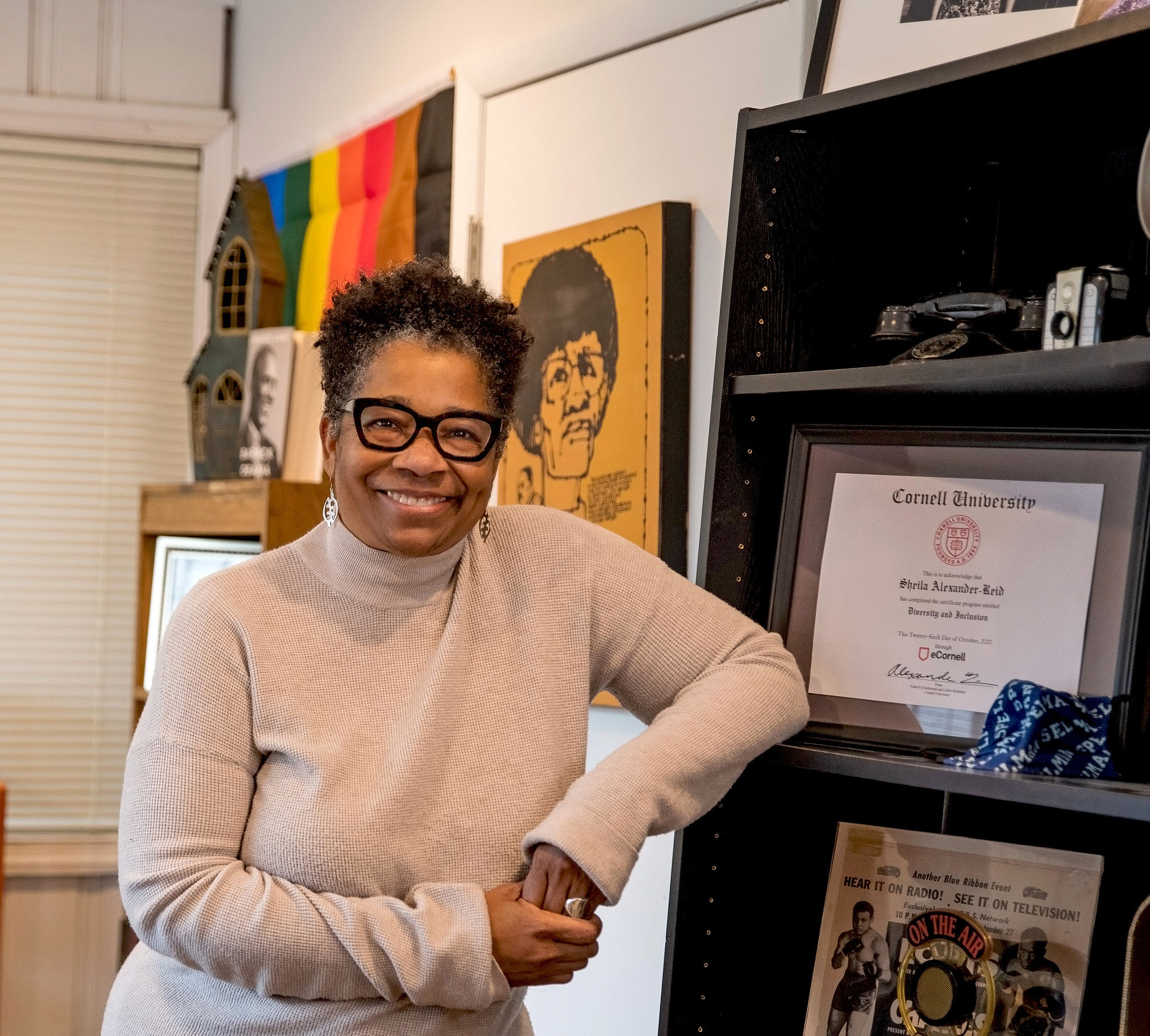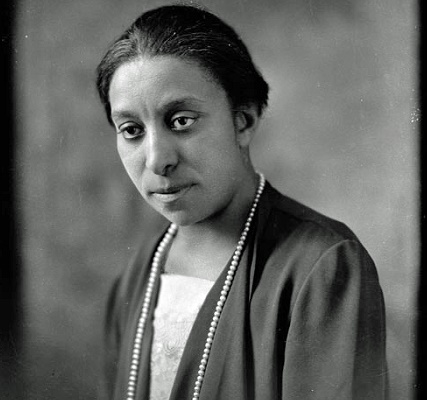
bell hooks
“I will not have my life narrowed down. I will not bow down to somebody else’s whim or to someone else’s ignorance.” bell hooks.
bell hooks, born Gloria Jean Watkins, was born on September 25, 1952, in Hopkinsville, Kentucky. Her father, Veodis Watkins, was a janitor and her mother, Rose Bell Watkins, was a maid who worked in the house of white families. They had six children together. hooks attended segregated schools, and she wrote about her struggle to create self and identity in “a rich magical world of southern Black culture that was sometimes paradisiacal and at other times terrifying.” She was an avid reader, with William Wordsworth, Langston Hughes, Elizabeth Barrett Browning, and Gwendolyn Brooks among her favorite poets. hooks earned a Bachelor of Arts in English from Stanford University in 1973 and a Master of Arts from the University of Wisconsin-Madison in 1976. In 1983, hooks completed her doctorate in English from the University of California, Santa Cruz, writing her dissertation on author Toni Morrison.
After receiving her master’s degree, she began her career as an English professor and senior lecturer in ethnic studies at the University of Southern California. Throughout the 1980s and 1990s, hooks taught at several universities, including the University of California, San Francisco State University, Yale, Oberlin College, and City College of New York.
Her first published work, And There We Wept was published under the name bell hooks. The pen name is the name of her maternal great-grandmother. She opted not to capitalize her name because she wanted people to focus on her books and not who she was.
She began writing her first book, Ain’t I a Woman: Black Women and Feminism, at 19 and published it in 1981. The work explores themes of the historical impact of sexism on Black women, the devaluing of Black womanhood, and the marginalization of Black women. In 1992, Publishers Weekly named this book one of the twenty most influential women’s books in the last 20 years.
Over her career, hooks published more than 30 books and several scholarly articles in several documentary films. They gave public lectures on race, class, gender, art, history, sexuality, mass media, and feminism. In 2014, hooks founded the bell hooks Institute at Berea College. This center supports her legacy by supporting students as social justice leaders and having a space where those of many varied expressions can thrive. They equip students with the language and tools needed not to reproduce the gender hierarchy.
hooks identified as queer-pas-gay. In 2017, she expressed that while she would love to have a partner, not having one didn’t make her life less meaningful. She was critical of those who saw racism and homophobia as the same, saying, “white people, gay and straight, could show greater understanding of the impact of racial oppression on people of color by not attempting to make these oppressions synonymous, but rather by showing the ways they are linked and yet differ.”
hooks has received several awards and recognitions for her work. She received The American Books Awards/Before Columbus Foundation Award in 1991, The Writer’s Award from the Lila Wallace- Reader’s Digest Fund in 1994, The Bank Street College Children’s Book of the Year in 2002, and the 2012 Black Caucus of the American Library Association’s Best Poetry Award. She has also been named one of Utne Reader’s 1995 100 Visionaries Who Could Change Your Life, The Atlantic Monthly’s One of our nation’s leading public intellectuals, and Times’ 2020 100 Women of the Year.
On December 15, 2021, hooks died from kidney failure at 69.


